Case Study: Rine, Trim (India) & Hi-Tech Inks (South Africa)
One of the major challenges of solar PV technology is that panels need to be kept free of dust and grime to perform at their optimum. This is usually achieved through manual cleaning, however, it can be prohibitively expensive and labour-intensive with distributed rooftop solar, where assets are spread far apart. It is also not always cost-effective for set-ups in industrial contexts. Many clients in sectors like manufacturing are drawn to the benefits of solar, but their activities can quickly lead to a residue build-up that requires more frequent maintenance that can be both costly and time consuming. Finding innovative means to keep panels cleaner for longer is an ongoing focus for candi’s engineers.
Hi-Tech Inks, Durban, South Africa
Project Background
The candi asset management team performs thorough, regular assessments across all sites. Through use of the candi asset management monitoring system (which incorporates on-site data loggers and a market leading global analysis platform - Quantum QOS), it was determined that two of candi’s clients in India, Rine Machine Tools (Rine) and Trim India (Trim), were experiencing issues with solar plants not performing as expected, leading to reduced outputs. This same problem was experienced by a South African client, Hi-Tech Inks. While the systems themselves were all in good working order, the cause of residue build up at the sites was found to be soiling as a result of environmental and locally generated pollutants. The situation at Rine was particularly challenging due to metal dust that was proving to be very difficult to remove from the panel surface. This presented a challenge to candi’s engineers – how would they best maintain these systems without resorting to cleaning solutions requiring frequent site access and costly investment?
Sprinkler Head, Hi-Tech Inks, South Africa
Our Innovative Approach
Commencing with Rine, candi’s engineers decided to install a custom-built sprinkler system to perform daily cleaning on the panels. They put a test bed in place to assess the feasibility of this approach, and when the numbers came back positive, the technology was rolled out further – including across the entire plant at Trim. The panels are now automatically cleaned every day, without requirin daily access to the sites. The sprinkler system is a steady drip system that effectively rinses off contaminants before they can build up over time, and as a result, manual cleaning is only required once every two months.
Operating Sprinkler System, Trim, India
This same approach along with a coating solution was implemented for a client in South Africa, Hi-Tech Inks, where similar challenges were identified. At Hi-Tech Inks, the asset performance monitoring system flagged that the capacity had dropped down from 100% to 30%, and upon further investigation, industrial pollutants were also found to be the problem. After collaborating with the global candi team in Zurich, candi South Africa tested a similar sprinkler system that was used for the two India projects. This system was installed along with a coating and it was the first time something like this had been done in the local South African market.
Automatic Water Motor, Trim, India
The results of our custom cleaning solution
These proof-of-concept sites are still being assessed in a long-term study to determine the exact long-term impact on cost savings, but the overall benefits are already clear. Mr Suresh, Head of Electrical at Trim confirms this, saying that the system has “addressed the challenges of monthly monitoring and cleaning, comparatively improving our overall productivity.” In South Africa, the tests confirmed a return to 100% capacity at the pilot panels.
This kind of global collaboration is typical of the candi approach to asset management. Rather than defaulting to the expected, candi’s engineers are driven to find innovative solutions – even if that means developing them. As partners with an aligned interest in maximising the output of a customer’s system, this kind of thinking is hard-wired into the business’s everyday thinking.
To find out more about how candi could help you maximise your solar potential, get in touch.




